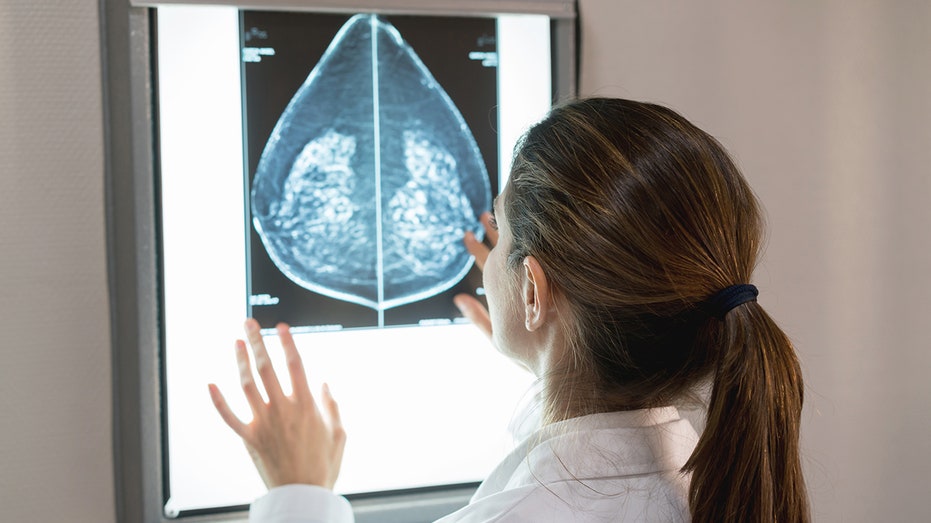FDA Approves First AI Tool to Accurately Predict Breast Cancer Risk
FDA approves AI-powered Clairity Breast platform to accurately predict five-year breast cancer risk from mammograms, boosting early detection efforts.

The U.S. Food and Drug Administration (FDA) has granted landmark approval to the first artificial intelligence (AI) tool aimed at predicting breast cancer risk, representing a major step forward in personalized healthcare and cancer prevention. The green light was given to digital health technology company Clairity for their innovative Clairity Breast platform—a groundbreaking, image-based system that predicts a woman's five-year risk of developing breast cancer from a single routine screening mammogram.
Clairity has announced intentions to roll out this AI-powered tool across health systems nationwide through 2025, signaling a transformative shift in early detection techniques. Unlike current risk assessment models that primarily depend on a patient’s age and family history, the new platform analyzes subtle features in mammogram images, offering a "validated five-year risk score" directly to healthcare providers. This promises to fill a critical gap, as approximately 85% of breast cancer cases are found in women without a family history, many arising from genetic mutations due to aging.
Another limitation of traditional models is their reliance on data drawn largely from European Caucasian populations, leading to gaps in risk prediction for women of diverse backgrounds. The AI-driven approach from Clairity is designed to provide equitable risk assessments, promising improved accuracy and inclusivity for women of all backgrounds.
Breast imaging expert Dr. Connie Lehman, founder of Clairity, emphasized the importance of harnessing AI and computer vision to detect risk factors in mammograms that are invisible to the human eye, which could be critical in delivering life-saving early detection. "By delivering validated, equitable risk assessments, we can help expand access to life-saving early detection and prevention for women everywhere," Lehman stated.
Medical experts stress that this FDA authorization marks a pivotal moment in the evolution of breast cancer screening. Dr. Robert A. Smith, a senior vice president specializing in early cancer detection, noted that personalized, risk-based screening could substantially improve outcomes, and that AI tools offer the best opportunity to achieve this goal. Similarly, Larry Norton, a leading scientific director focused on breast cancer research, called the development a "turning point" for access to advanced cancer risk prediction, particularly since breast cancer rates are rising among younger women—an area where current models often fall short.
Each year, more than 2.3 million women globally—and over 370,000 in the United States—receive a breast cancer diagnosis, according to researchers. Despite decades of progress in detection and treatment, the need for more accurate and inclusive predictive models remains urgent, especially as cases escalate among women under 50.
Discussing the breakthrough on national television, a senior medical analyst described the Clairity development as "profound." "[Radiologists] will see things that aren’t clear, they have to follow it over time. AI improves how focused and how predictive it is, [shown] very dramatically in studies," he explained. Support for integrating AI into cancer detection is widespread among radiologists, particularly in underserved areas where specialized training may be limited.
The consensus among many in the medical community is that artificial intelligence represents the future of cancer screening: a powerful augmentation to existing expertise, but not a replacement for skilled radiologists. As access to AI-driven tools expands, experts anticipate more timely and precise risk identification, ultimately enabling women to receive the right care at the right time and improving survival rates across diverse populations.




